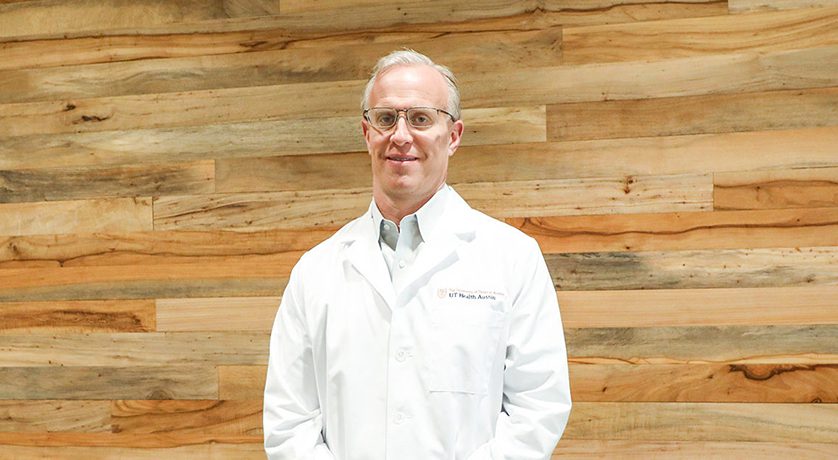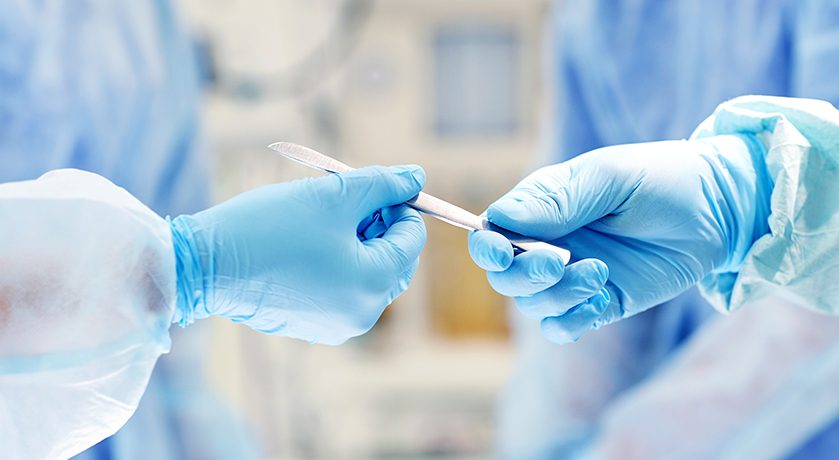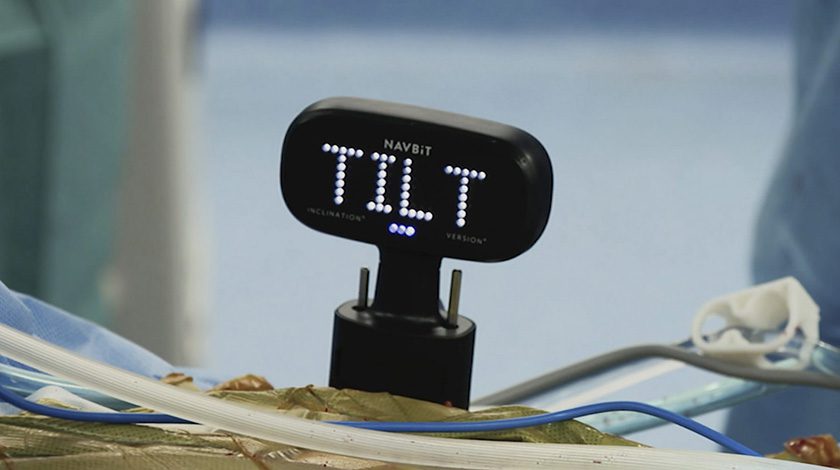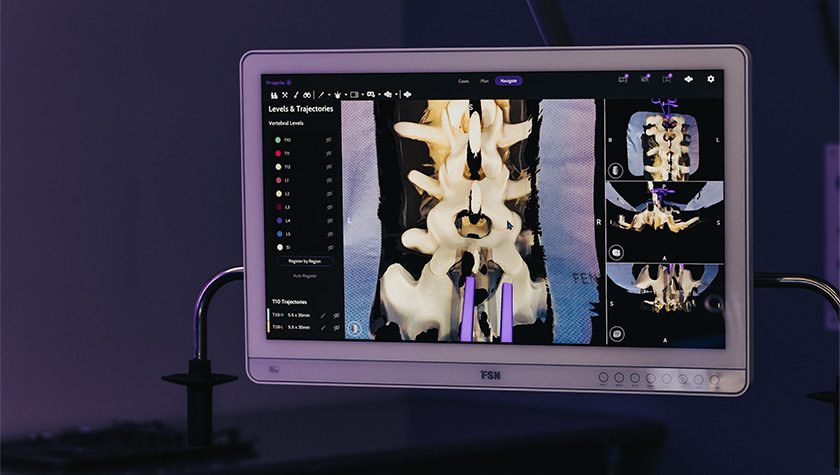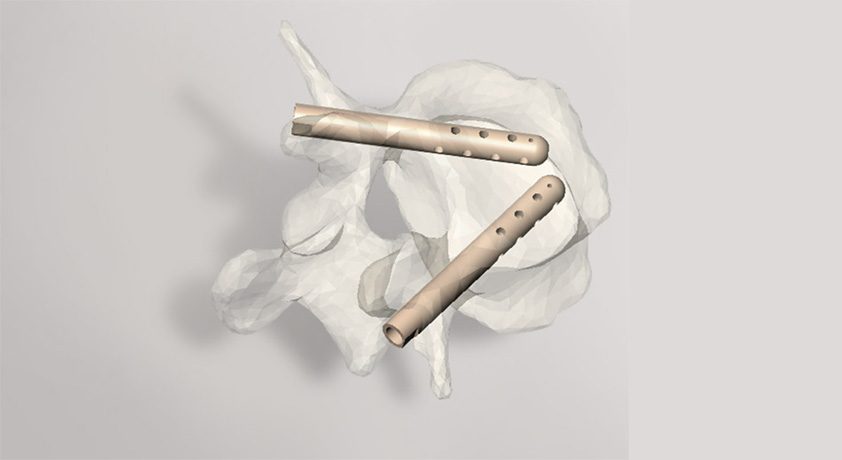






Osteopore entered into a research collaboration with Maastricht University, University Hospital Maastricht and a commercial-stage orthobiologics company.
The clinical research project will study the treatment of large (>5cm) post-traumatic bone defects using Osteopore’s custom implant made of Polycaprolactone and Tricalcium Phosphate. Osteopore’s implants will be individually coated in a number of growth factors, including Bone Marrow Aspirate Concentrate and an advanced bone graft biologic.
The implants will be tested against existing techniques, including the “gold standard” bone graft, with scans taken at six-month intervals to measure bone growth. The project is expected to run for up to 48 months, and will also investigate the efficacy of Osteopore’s implant coated in the bone graft biologic, in the case of a bacterial infection. This will determine whether bone growth can be maintained under the influence of a bacterial infection, and could lead to the co-development of a new product line.
Project findings will help Osteopore advance its broader orthopedic commercial strategy, and potentially assist with future regulatory clearances for their orthopedic product range.
Executive Chairman Mark Leong said, “This is a great early-stage, low capital-intensive research project that has promising potential. The project forms part of the company’s strategy to develop and launch new products to expand the scope of bone regeneration applications across the entire body.”
Source: Osteopore
Osteopore entered into a research collaboration with Maastricht University, University Hospital Maastricht and a commercial-stage orthobiologics company.
The clinical research project will study the treatment of large (>5cm) post-traumatic bone defects using Osteopore’s custom implant made of Polycaprolactone and Tricalcium Phosphate....
Osteopore entered into a research collaboration with Maastricht University, University Hospital Maastricht and a commercial-stage orthobiologics company.
The clinical research project will study the treatment of large (>5cm) post-traumatic bone defects using Osteopore’s custom implant made of Polycaprolactone and Tricalcium Phosphate. Osteopore’s implants will be individually coated in a number of growth factors, including Bone Marrow Aspirate Concentrate and an advanced bone graft biologic.
The implants will be tested against existing techniques, including the “gold standard” bone graft, with scans taken at six-month intervals to measure bone growth. The project is expected to run for up to 48 months, and will also investigate the efficacy of Osteopore’s implant coated in the bone graft biologic, in the case of a bacterial infection. This will determine whether bone growth can be maintained under the influence of a bacterial infection, and could lead to the co-development of a new product line.
Project findings will help Osteopore advance its broader orthopedic commercial strategy, and potentially assist with future regulatory clearances for their orthopedic product range.
Executive Chairman Mark Leong said, “This is a great early-stage, low capital-intensive research project that has promising potential. The project forms part of the company’s strategy to develop and launch new products to expand the scope of bone regeneration applications across the entire body.”
Source: Osteopore


You are out of free articles for this month
Subscribe as a Guest for $0 and unlock a total of 5 articles per month.
You are out of five articles for this month
Subscribe as an Executive Member for access to unlimited articles, THE ORTHOPAEDIC INDUSTRY ANNUAL REPORT and more.
JV
Julie Vetalice is ORTHOWORLD's Editorial Assistant. She has covered the orthopedic industry for over 20 years, having joined the company in 1999.


